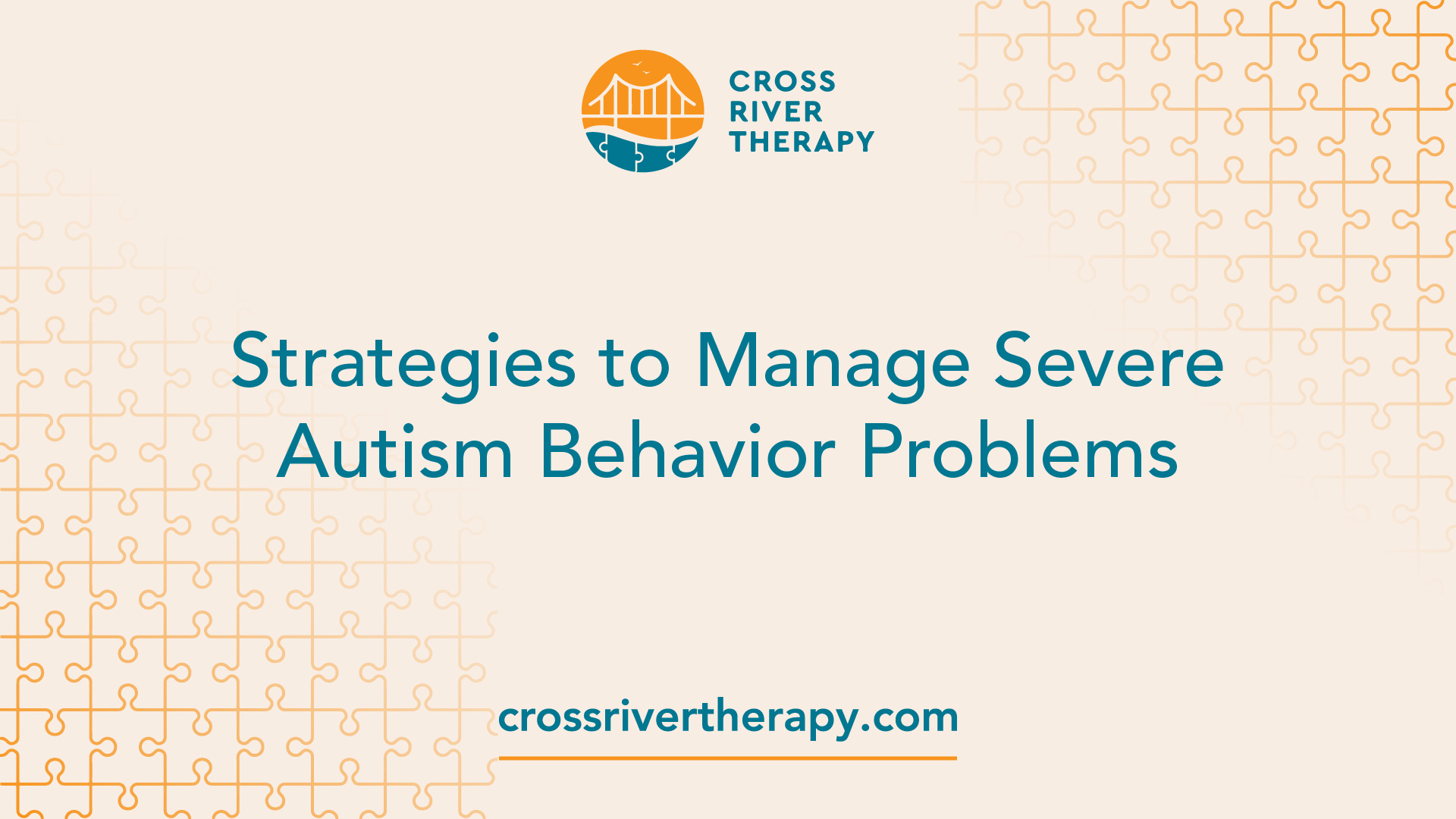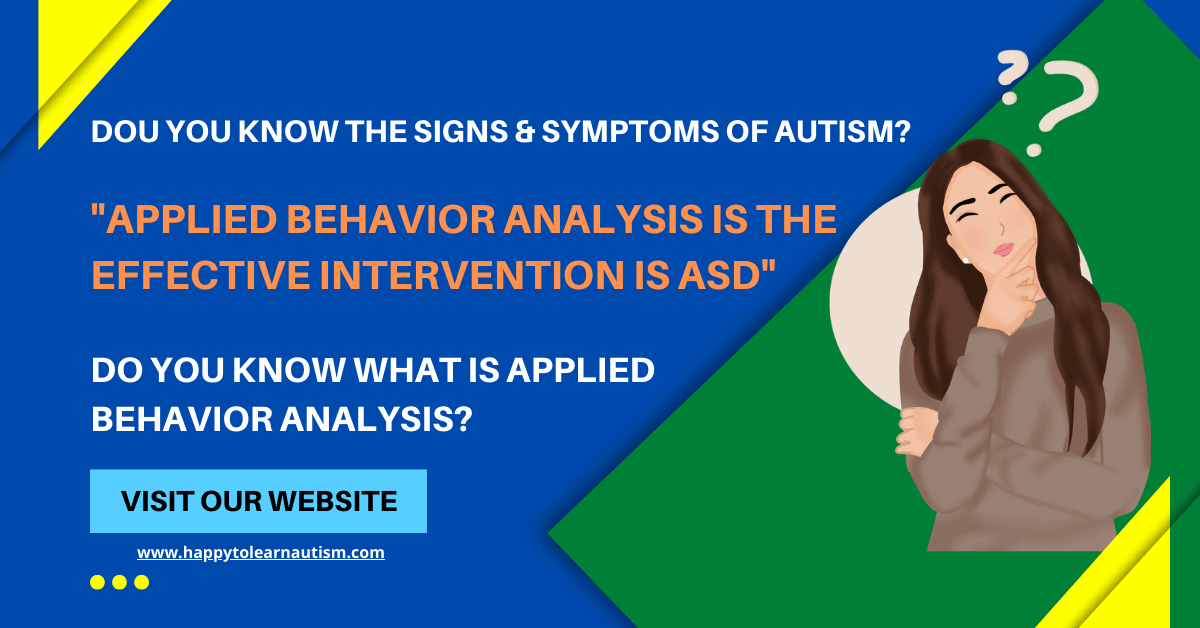Trick Symptoms And Signs to Recognize in People With Behavior Autism
When you encounter a person with behavior autism, acknowledging key indicators and signs and symptoms is essential. In addition, sensory level of sensitivities can lead to overwhelming experiences.
Challenges in Social Communications
When you communicate with someone on the autism range, you may notice they battle with social cues and interaction. These challenges can make social communications feel frustrating for them.
When they do engage, they may chat about their interests in excellent information without noticing if you're interested. Comprehending these obstacles can aid you come close to communications with empathy and patience, fostering a more comfy setting for both of you.
Difficulty With Verbal and Non-Verbal Interaction

Non-verbal communication can be much more challenging. You might see a lack of eye contact or minimal use motions, which can make interactions really feel uncomfortable. Faces may not always straighten with the conversation, leading to complication about their sensations. Recognizing these indicators is vital, as it helps you much better support and engage with people on the autism spectrum. By recognizing their communication obstacles, you can promote extra significant links and offer an extra helpful setting.
Repeated Habits and Regimens
Communication challenges often go along with various other signs of autism, such as recurring actions and a strong preference for regimens. You could see that individuals with autism commonly take part in certain, repetitive actions, like hand-flapping, rocking, or duplicating expressions. These actions can supply convenience and a sense of control in a typically overwhelming world.
Regimens are equally crucial; numerous individuals flourish when they comply with an organized routine. You may discover that changes to these regimens can result in considerable distress. If they have a daily routine of eating morning meal at a certain time or adhering to a particular route to institution, any type of disruption can cause anxiety.
Identifying these patterns assists you comprehend their behavior and provide assistance. By fitting their need for regular and permitting repeated actions, you can create a more comfortable setting that reduces their obstacles.
Sensory Level Of Sensitivities

Typical Sensory Triggers
Sensory sensitivities can significantly impact everyday life for people with autism, as particular stimuli usually trigger overwhelming responses. Typical sensory triggers consist of loud sounds, intense lights, and solid scents. Recognizing these triggers can help you manage your environment better.
Behavioral Reactions Clarified
Recognizing your behavioral feedbacks to sensory sensitivities is vital, as they often disclose how you engage with the world. You may additionally find on your own seeking certain sensory experiences, like deep pressure or peaceful settings, to help ground on your own. Recognizing these patterns assists you understand your requirements far better and can direct just how you communicate them to others.
Coping Strategies Introduction
Recognizing your sensory level of sensitivities is just the very first step; currently it's time to explore coping techniques that can aid you handle those experiences properly. Begin by developing a sensory toolkit customized to your needs. This might consist of noise-canceling headphones, fidget playthings, or soothing aromas. Developing an organized routine can also give predictability, decreasing stress and anxiety around sensory overload. Take breaks in a quiet area to regroup when you feel overwhelmed. Practicing mindfulness methods such as deep breathing can aid ground you in the minute. In addition, connect your demands with those around you; having supportive loved ones can make a huge difference. Remember, finding what works ideal for you might require time, so be patient and open to trying new approaches.
Restricted Passions and Emphasis
While many individuals develop a broad array of passions, those with autism often demonstrate limited passions and an extreme emphasis on certain subjects. You might notice that someone with autism can invest hours diving right into their favored subject, whether it's a specific sort of train, a certain film, or a scientific idea. This extreme focus isn't simply a pastime; it can come to be a central component of their identity and social communications.
You might discover that discussions revolve around these interests, and they might struggle to involve in broader topics. By understanding and acknowledging these limited interests, you can promote an encouraging environment where they really feel valued and understood, permitting for more purposeful connections and communications.
Emotional Guideline Difficulties
People with autism frequently deal with obstacles in emotional guideline, which can be affected by their extreme emphasis on certain rate of interests. You may discover that when a person is deeply participated in a favored activity, they can experience solid emotions, whether excitement or disappointment. When things don't go as intended., this strength in some cases makes it hard for them to shift equipments or handle their sensations - Aba Therapist Near Me.

Variability in Developmental Milestones
When it comes to developing landmarks, you'll see that individuals with autism typically show a large range of irregularity. Some may hit turning points promptly, while others might hang back or development at a various rate. As an example, you might see a kid stand out in language abilities yet fight with social interactions. This variance can be complex, as typical benchmarks don't always apply.
It's important to acknowledge that each person's trip is special. Some might create intricate abilities early, just to face difficulties in the future. Others may take longer to accomplish standard landmarks yet after that grow in details locations. Observing these patterns can aid you understand their strengths and needs much better.
Frequently Asked Concerns
Just How Is Autism Detected in Children and Adults?
To diagnose autism in children and grownups, specialists assess behavior, interaction skills, and social interactions. They frequently use standardized tests, meetings, and monitorings to establish if a private meets the standards for autism spectrum problem.
Are There Various Sorts Of Autism Spectrum Disorders?
Yes, there are various kinds of autism range conditions, including Asperger's disorder and pervasive developmental disorder-not or else defined. Each type differs in intensity and characteristics, so comprehending these differences can assist you far better support people with autism.
What Treatments Work for Individuals With Autism?
When considering efficient treatments for people with autism, you'll discover options like Applied Actions Analysis, speech therapy, and work treatment. Each technique can help boost communication, social abilities, and daily operating tailored to specific requirements.
Can Individuals With Autism Lead Independent Lives?
Yes, people with autism can lead independent lives. With the right assistance, skills training, and sources, you can aid them develop self-sufficiency, take care of daily jobs, and prosper in numerous environments, cultivating their independence.
Just How Can Households Assistance Liked Ones With Autism?
You can support your liked ones with autism by developing a structured atmosphere, encouraging their passions, practicing persistence, why not try this out fostering interaction, and promoting social abilities. Celebrate their achievements, despite how tiny, and construct an encouraging area.
Although numerous people on the autism range can recognize and make use of language, they frequently deal with considerable difficulties with both verbal and non-verbal communication. Recognizing these signs is important, as it helps you better support and engage with individuals on the autism range. You could observe that people with autism typically engage in particular, repeated activities, like hand-flapping, shaking, or duplicating phrases.Sensory sensitivities can considerably influence day-to-day life for individuals with autism, as certain stimulations usually cause frustrating reactions.When it comes to developmental landmarks, you'll see check that people with autism commonly show a broad range of variability.